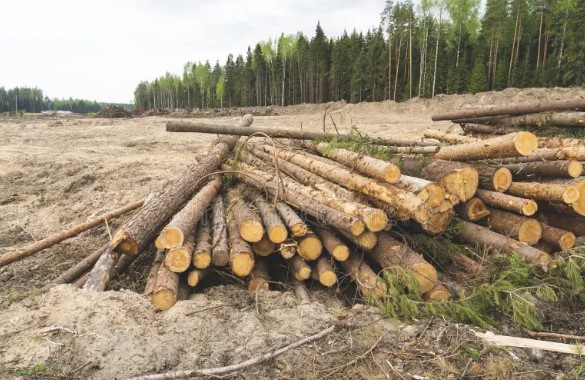
With summer just around the corner, it’s only a matter of time before climate change alarmists start repeating their false claim that we have global warming to blame for the heat that the summer months are known for. However, one meteorologist has asserted that the planet is about to get a lot cooler – and that’s when the real trouble could begin.
This is according to Professor David Dilley, who is a former meteorologist for the NOAA National Weather Service, as well as a paleoclimatologist and the CEO and founder of the weather cycle technology company Global Weather Oscillations.
With more than half a century of experience in meteorology under his belt, Professor Dilley developed the groundbreaking ClimatePulse Technology, which is based on the geomagnetic cycles of the sun, moon and Earth and their alignment with climate and weather cycles.
He made a prediction some people may find surprising: “Global warming will be dead by 2030.”
This would be a positive prospect if global warming was actually as evil as climate alarmists claim, but the truth is that the warmth of the planet is what helps life proliferate by keeping levels of the carbon dioxide plants need to thrive at ideal levels.
This is because the sun – and not manmade carbon dioxide – is the main determinant of climate change. According to Professor Dilley, there are two main factors responsible for the regular cyclical changes in global temperatures: the Earth’s proximal relationship with the sun according to its elliptical orbit and its variable tilt. In fact, when looking at how things have played out over several hundred thousand years, the temperatures we’re seeing right now are on par with what would be expected.
The rhythm of these cycles also indicates that we are currently at the peak of the current warm cycle, which is actually the smallest warm cycle seen in the past 8,000 years. This means that temperatures will get quite a bit cooler in the coming decades – and not necessarily in a good way.
Further, he explained on the Tom Nelson Podcast that the moon plays a role in influencing shorter-term climate change. Since we all know that the moon influences tides and the movement of the oceans, why is it so hard for people to accept that it plays a role in earthquakes, volcanic activity and floods?
Carbon dioxide is not the enemy
Dilley also pointed out the many flaws in the arguments that carbon dioxide is at an all-time high and that this is somehow disastrous. He points out that CO2 can’t change the Earth’s orbit around the sun, nor can it change the orbit the moon takes around the Earth. It also can’t influence ice buildup at the poles, ocean temperatures or volcanic activity.
In fact, carbon dioxide makes up just 0.04% of the atmosphere – and humans only produce 1% of this carbon dioxide and don’t account for a high share of the increase seen in recent times. Instead, it comes from the CO2 released by warming oceans, which only release it hundreds of years after temperatures rise.
Finally, he reiterated the one big truth that climate change alarmists always seem to conveniently overlook: more carbon dioxide is far better for Earth than too little of it. There is no getting around the fact that carbon dioxide is what makes life on our planet possible. Without it, plants wouldn’t grow, neither on land nor in the water, which would put an end to animal and human life. In fact, even a notable reduction in CO2 levels would be enough to spell disaster.
Sources for this article include:
Please contact us for more information.




















